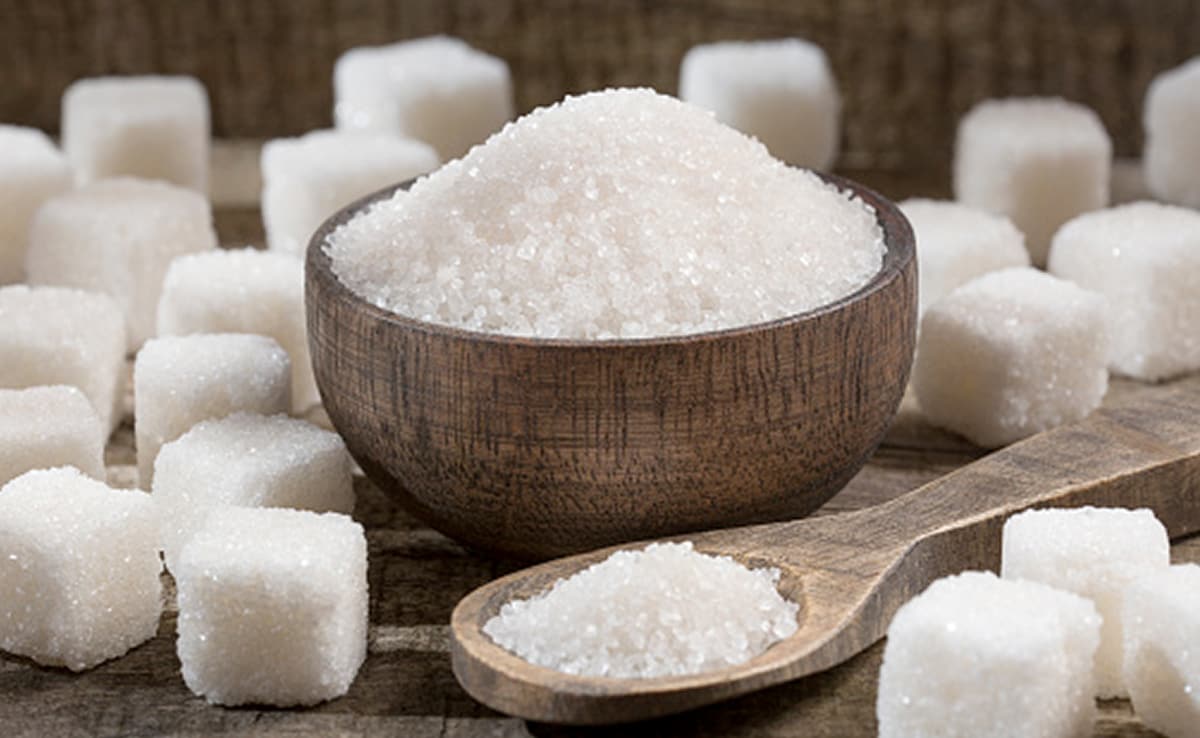Swap Sugary Condiments with Natural Flavor Boosters
Excessive sugar intake can have serious repercussions on your overall health. Not only does it contribute to weight gain by increasing your caloric intake, but it also raises the risk of long-term health issues such as type 2 diabetes, cardiovascular disease, and even some cancers.
Moreover, consuming high amounts of sugar can lead to dental problems, including cavities and tooth decay. To protect your health, it’s essential to reduce sugar consumption and prioritize whole, nutrient-dense foods that support well-being.
By making these changes, you can better manage your weight, reduce your chances of chronic illness, and improve your general health. Here are ten actionable strategies to help you reduce sugar in your daily diet.
Ten Practical Tips to Lower Your Sugar Consumption:
- Check Food Labels Closely
Be mindful of hidden sugars in processed foods and opt for items that have minimal added sugar. This simple habit empowers you to make better choices and gradually decrease your sugar intake. - Cook at Home More Often
When you prepare meals yourself, you have full control over ingredients, allowing you to limit or eliminate unnecessary sugars from your dishes. - Go for Whole Fruits Instead of Juices
Whole fruits contain natural sugars and dietary fiber, which help to regulate blood sugar levels. Fruit juices, however, often include added sugars and lack the fiber found in fresh fruit. - Cut Back on Sweetened Drinks
Sugary beverages like sodas, energy drinks, and flavored coffees can significantly add to your daily sugar consumption. Choose water, herbal tea, or sparkling water for a refreshing alternative. - Opt for Nutritious Snacks
Snacking on nuts, seeds, or fresh vegetables can keep you satisfied without spiking your sugar levels. These snacks also provide essential nutrients that keep you feeling fuller longer. - Select Low-Sugar or Sugar-Free Versions
When available, choose products that are low in sugar or labeled as sugar-free. Items such as yogurt, cereals, and sauces can still taste great without the extra sugar. - Eat Mindfully
Pay attention to hunger signals from your body and avoid eating out of habit or emotional reasons. This can help you resist the urge to reach for sugary treats unnecessarily. - Choose Unsweetened Dairy Products
Plain versions of yogurt, milk, and cheese are typically free from added sugars. To add flavor, mix in fresh fruits or a small drizzle of honey. - Flavor Your Dishes with Spices and Herbs
Rather than using sugary condiments, enhance your meals with fresh herbs, spices, and citrus juices for a burst of flavor without the need for extra sugar. - Plan Your Meals and Snacks
Meal planning can ensure you have easy access to nutritious, low-sugar options, helping you avoid impulsive choices that may include high-sugar snacks.
By integrating these approaches, you’ll not only reduce your sugar consumption but also cultivate healthier eating habits that can improve your overall health and well-being.
